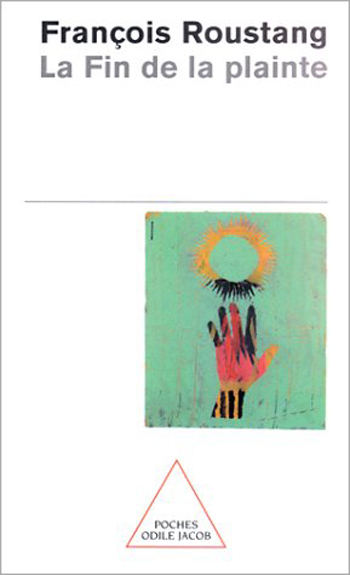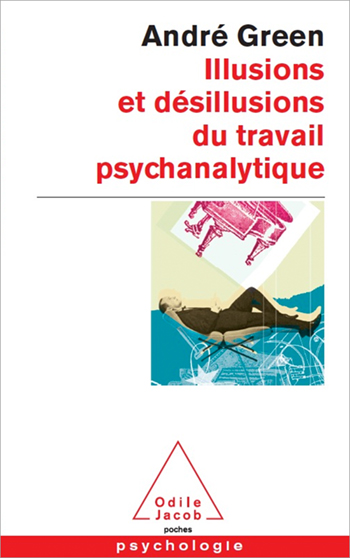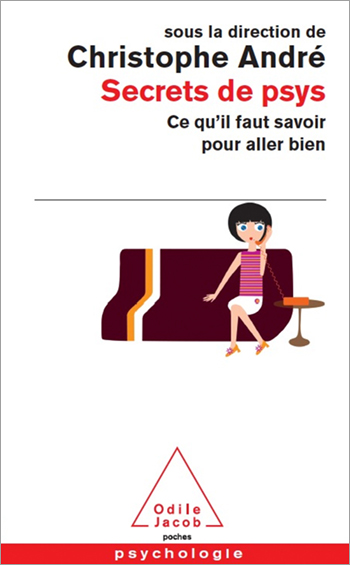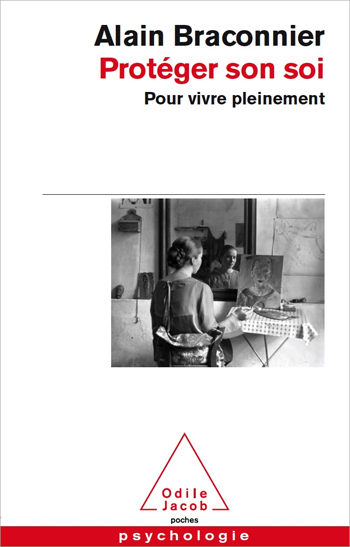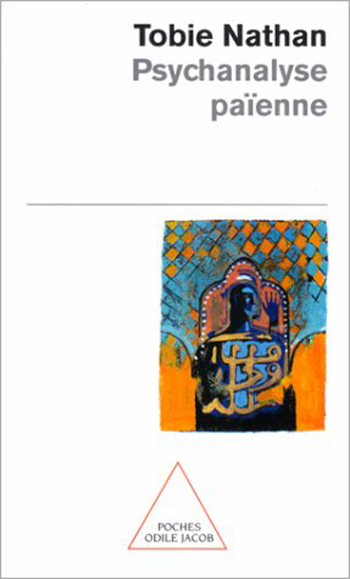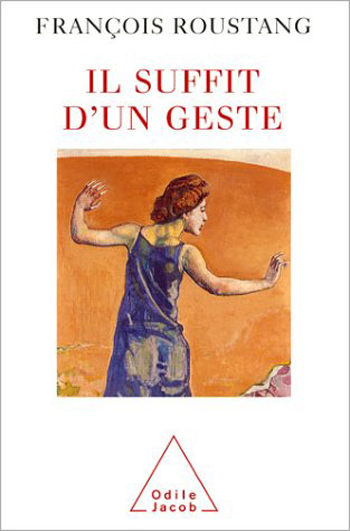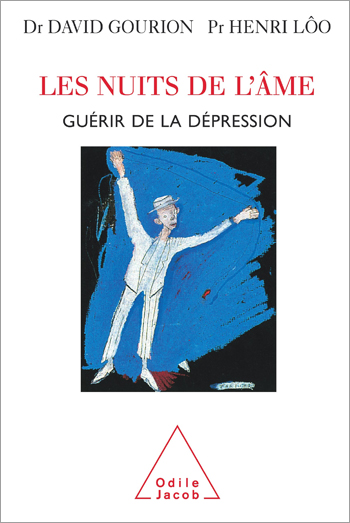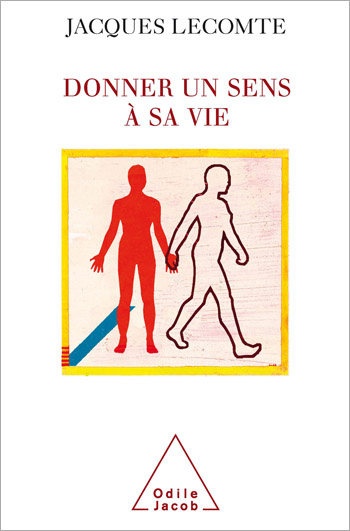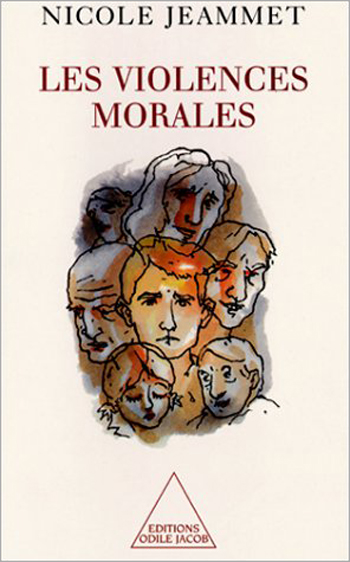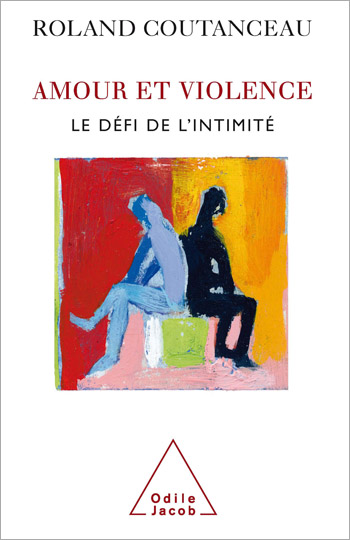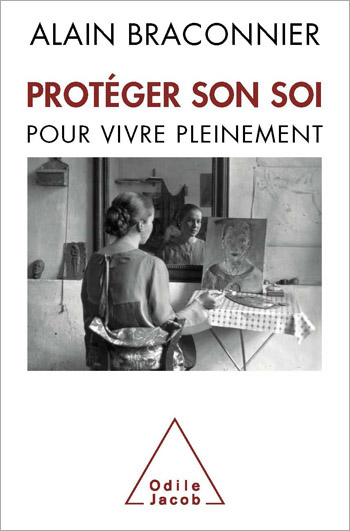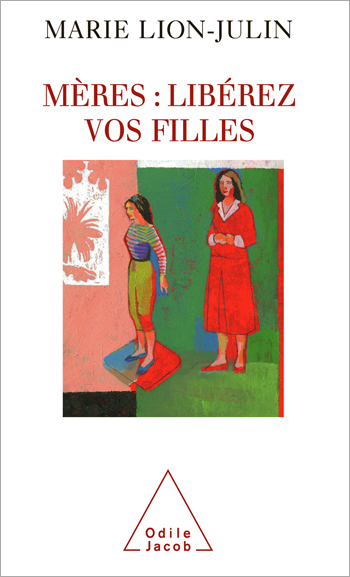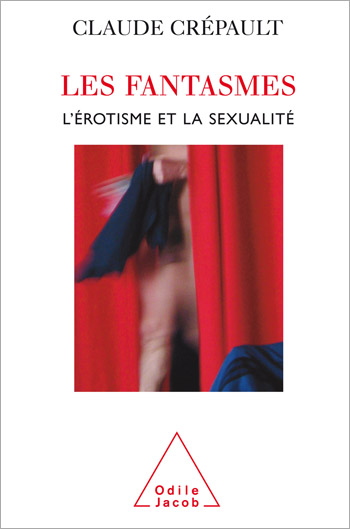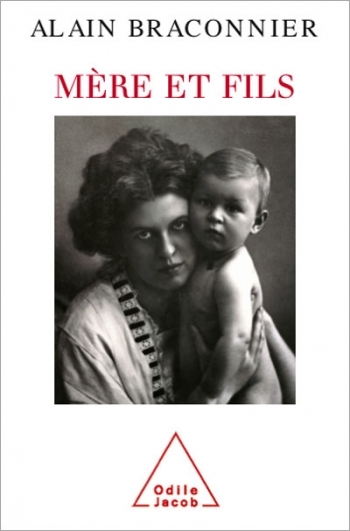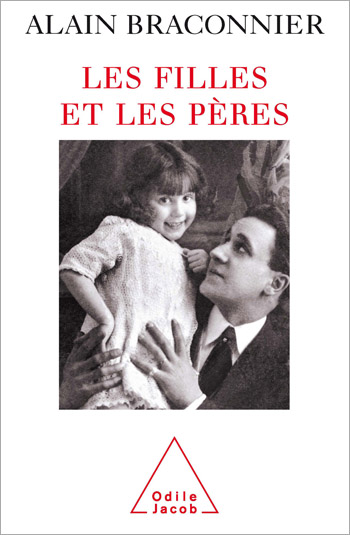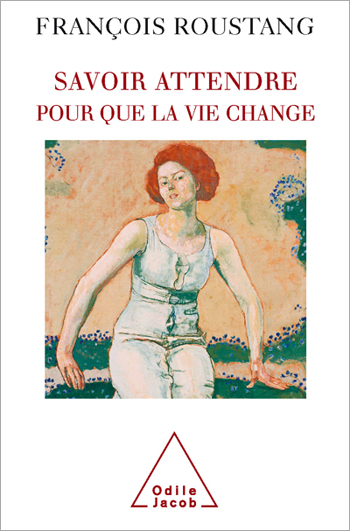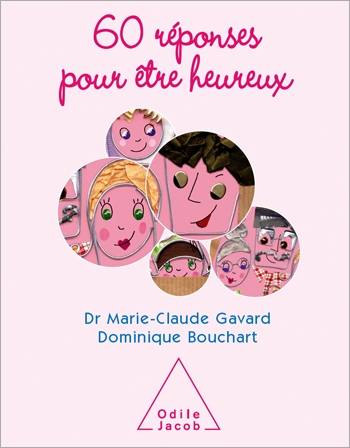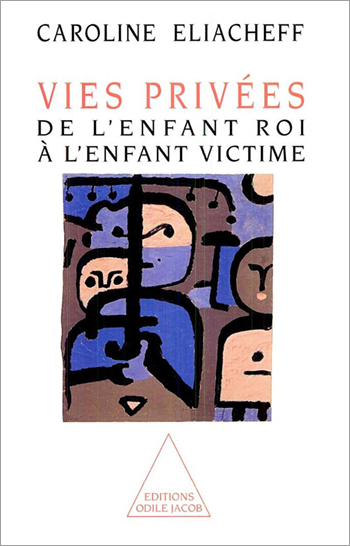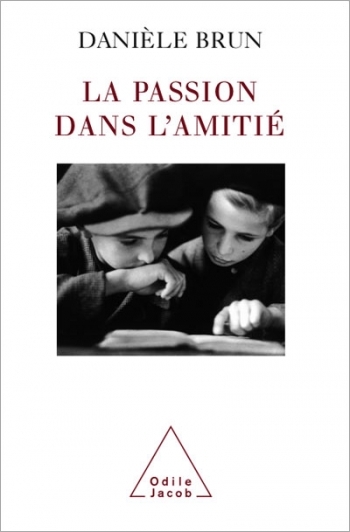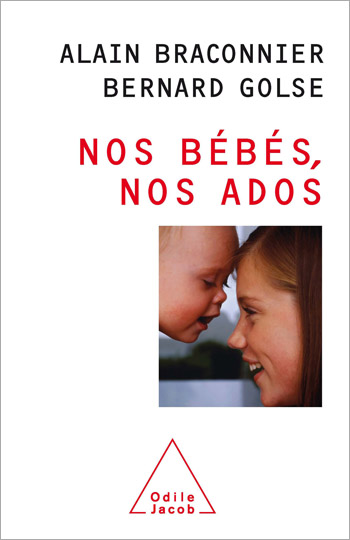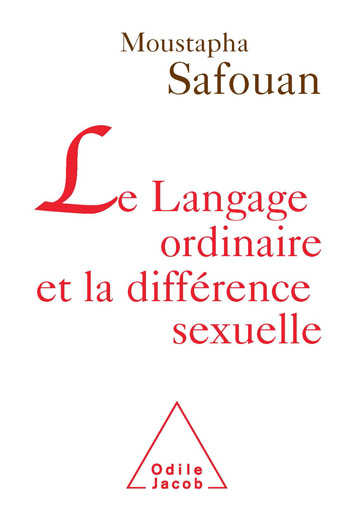Psychoanalysis All books
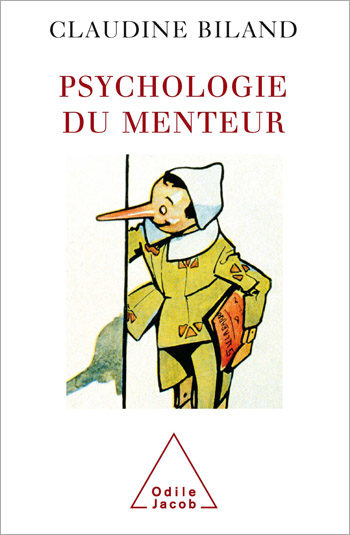
Claudine Biland
Liar's Psychology
When people tell lies what are they really trying to do? The goal of liars is to convince others that an event that never occurred took place or that they have opinions and feelings that they do not. The function of liars is thus to simulate fictional states and to dissimulate real situations; their task is to convince others - and to avoid being found out. What is it that makes liars so unbearable? Lying has a negative connotation in every culture. Children are taught not to tell lies. As a little girl says in an advert, you mustn't cheat, “'cause if you do, you betray the trust that your parents have planted inside you”. Lying always implies deceiving trust or even manipulating another's naiveté - both highly unpleasant experiences for the liar's interlocutor. How can liars be detected? Lying is a delicate, complex art, and non-verbal communication is highly fugitive and difficult to read. Nevertheless, certain conversations leave us with strange, discordant feelings. Then there are those hastily formed opinions about someone or a situation that linger on in our memories. Almost imperceptibly, the impression of sincerity is communicated through words, a voice and gestures. The goal of this book is not to determine if and when lying is justifiable, but to explain to us the types of behaviour that liars do or do not adopt and to develop our ability to unmask them. Shunning a Manichaean approach, the author shows that truth cannot govern all our everyday relations with others - neither in our professional lives nor in our private dealings with friends and partners. If we told the truth all the time, life would become unbearable. Lying is an indispensable human activity, which everyone indulges in. In this work of social psychology, the author has made available to professionals and general readers alike the results of the most advanced research on the subject of lying. Claudine Biland is a psychologist specialising in non-verbal communication. She teaches in Paris.

Boris Cyrulnik
Talking About Love Near The Abyss
Resilience, the human capacity to recover from trauma and to overcome hardship, can come into play at any age...
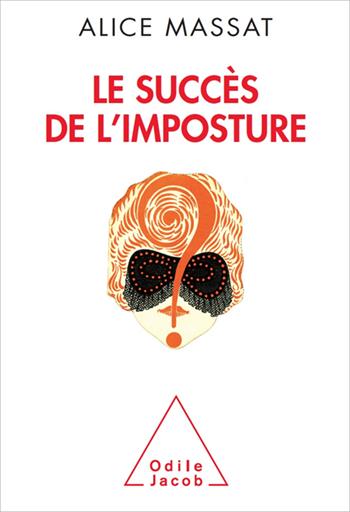
Alice Massat
The Success of Frauds and Fakes
Familiar scams carried out by known fraudsters are on the rise: a sign of the times?
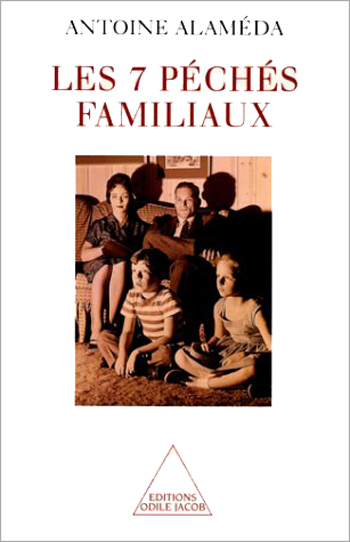
Antoine Alaméda
The 7 Domestic Sins
Based on clinical studies and his own long practice in the field, in this book Alameda shows how each family suffering from psychological problems can become its own best therapist, once it relearns to use the resources paralysed by history and modern culture. Far from being general, guilt-mongering, or infantilizing, Alameda's book concretely examines the seven situations that, today, are the most common reasons for seeking family therapy. Antoine Alameda is director at the Child and Adolescent Psychiatry Clinic at the Hospital of Toulon-la-Seyne.
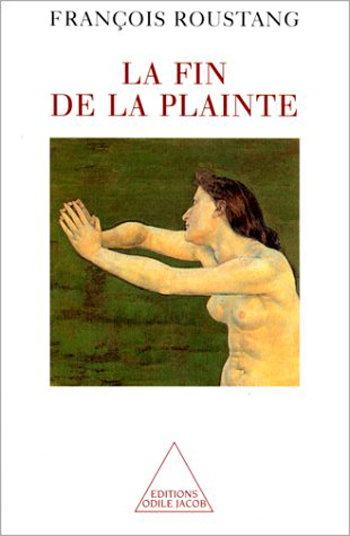
François Roustang
The End of Complaining
What is the most common reason for going to a therapist? Most patients say it is wanting to change. By the same token, they complain about their present lives. According to François Roustang, all forms of complaining must be dropped; patients must forget their precious egos which serve only to nurture more complaining and whining. Once patients have let go of these trappings, they will be able to remould their lives. This book offers a powerful criticism of traditional therapy and of its failure to reach its avowed goal: to help us to change. It argues for a spiritual approach to inner development. François Roustang is a philosopher, psychoanalyst and unconventional practitioner.
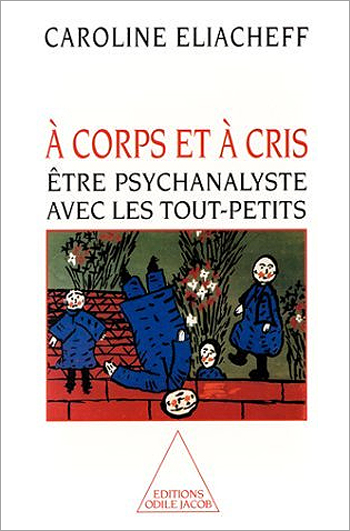
Caroline Eliacheff
À corps et à cris How to psychoanalyse young children
Oliver, Zoe, Mathias and the others are children of grief. They barely speak. They have faced innumerable trials: unknown mothers, abandon, adoption, even separation from imprisoned parents. Traditional medicine allows them to survive, but cannot teach them to live. Is there a solution? This book attempts to reach these neglected children and, through words, to heal. Caroline Eliacheff is a psychoanalyst who counts among her published works Les Indomptables, written in conjunction with Ginette Raimbault.
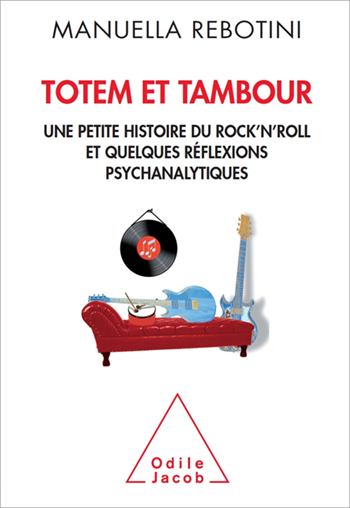
Manuella Rebotini
Totemic Drums A Short History of Rock Music and Some Psychoanalytic Considerations
Contemporary American popular history, revisited by rock music and psychoanalysis
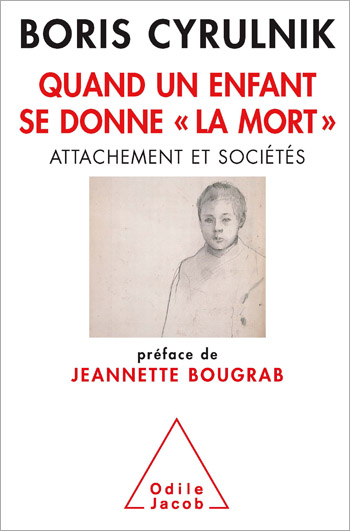
Boris Cyrulnik
Child Suicide Attachment and Society
The number of child and teenage suicides is greatly underestimated, warns Boris Cyrulnik, in a report commissioned by the French government
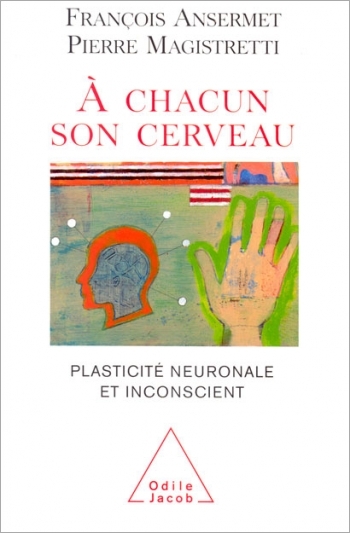
François Ansermet, Pierre Magistretti
To Each His Own Brain Biology of the Unconscious
This book is the result of the coming together of psychoanalysis and neuroscience around the shared observation that experience leaves a mark. Although the idea that experience produces psychic imprints - whether conscious or unconscious - has always been central to psychoanalysis, it was not until recently that findings in neurobiology demonstrated that neuronal plasticity existed and that it operated throughout a person's life. This constant remodelling in relation to experience poses certain basic questions about each individual's identity and future. How does psychic life emerge from experience and from what it imprints? What are the respective contributions of external stimuli (the reality behind experience) and of internal stimuli (the imprinted marks)? How do the mechanisms of synaptic plasticity participate in the establishment of an unconscious internal reality? What is the role of the body in this new dynamic organisation? This book provides the foundations for a better understanding of the relations between neuroscience and psychoanalysis and offers an original theory of the unconscious, by combining recent findings in neurobiology with the basic principles of psychoanalysis. Eschewing genetic determinism, it shows that each individual is different and each brain unique. Pierre Magistretti, a physician and neurobiologist, is a professor of physiology and director of the Centre for Psychiatric Neuroscience at the University of Lausanne's medical school. In addition, he is the president of the Federation of European Neuroscience Societies. François Ansermet is a psychoanalyst and professor of child and adolescent psychology at the University of Lausanne. He is the co-author, with O. Halfon and B. Pierrehumbert, of Filiations psychiques (Presses Universitaires de France, 2000).


